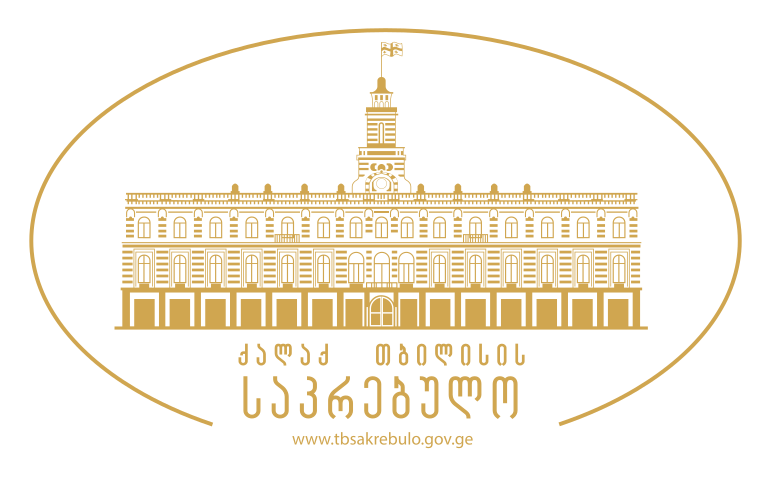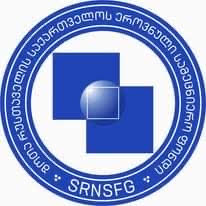046- The Interaction Semiotics of Cinema and Text
Organized by: Shota Rustaveli Institute of Georgian Literature. Ph.D. Levan Gelashvili
English, Georgian
Under the conditions of the modern globalization, the theory of literature faces some new challenges. Along the cultural-political and social changes it has it has underwent quite a few transformations.
The limits of the study of literature have expanded. Media has joined in literary narratives and it caused the need of “reading’’ in the new context of cultural heritage. Along the inculcating of new technologies in everyday life, the perception specialities of the recipient’s text are being changed. Classical and nonclassical dialogue of the cinema and literature takes up a lot of space in the analysis of the all- cultural processes, as well as the study of historically developed processes in different contexts, that have exposed with dissimilar accents during the decades. It’s essential nowadays analysis, free from conjuncture, revisal of the old theoretical the old theoretical thought and researching with new scientific instruments.
Cinema-narrative research of literary texts takes up an important space in comparative thematology. The intersemiotical methods observe the concrete literary work in the wide vision perspective. They set new, dissimilar limits, maintaining the identity.
The priorities of the interdisciplinary research mean studying the literary work on the base of cinematographic experience and analyzing the strategies of perception of the new cultural codes and texts. On the other hand, the literary experience makes the base for the literary decoding in the cinematographic work and intertextual analysis.
Such researches foresee discovering cinematographic text in the literature and the literary text in the cinema, as a cultural approach and using the dissimilar art fields experience in the unified context.
Thus, the scientific disciplines, such as study of literature, psychology, philosophy, the history of political ideas, linguistics and so on, often may be unified.
The Project was supported by Shota Rustaveli National Science Foundation of Georgia (SRNSFG) [grant number MG-ISE-22-170]

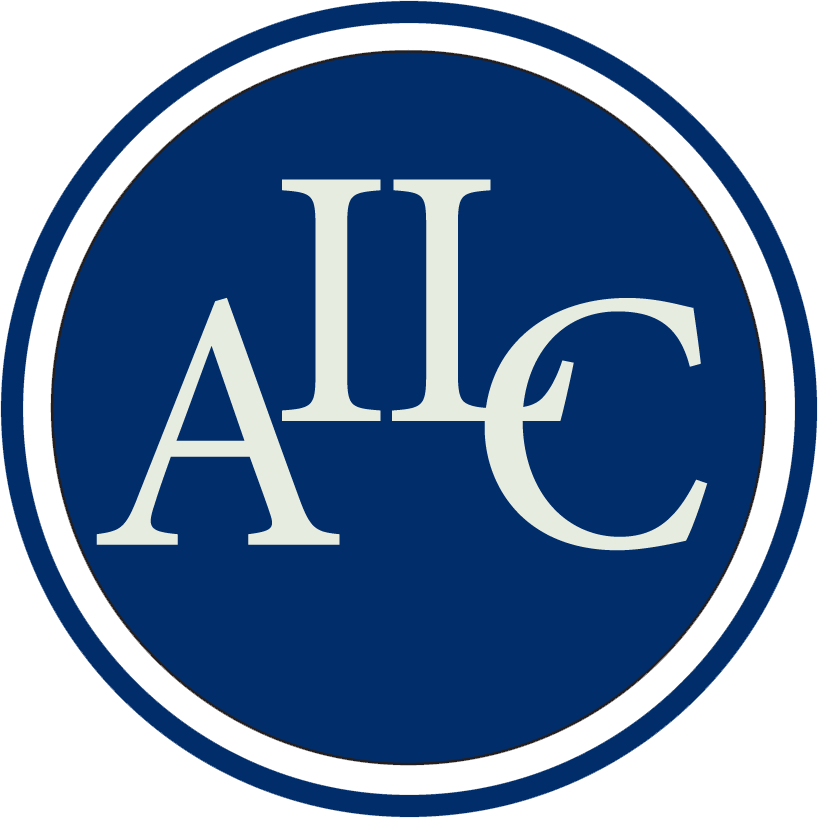
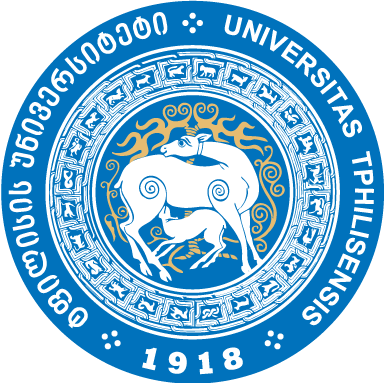
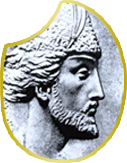
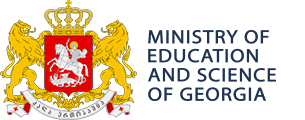
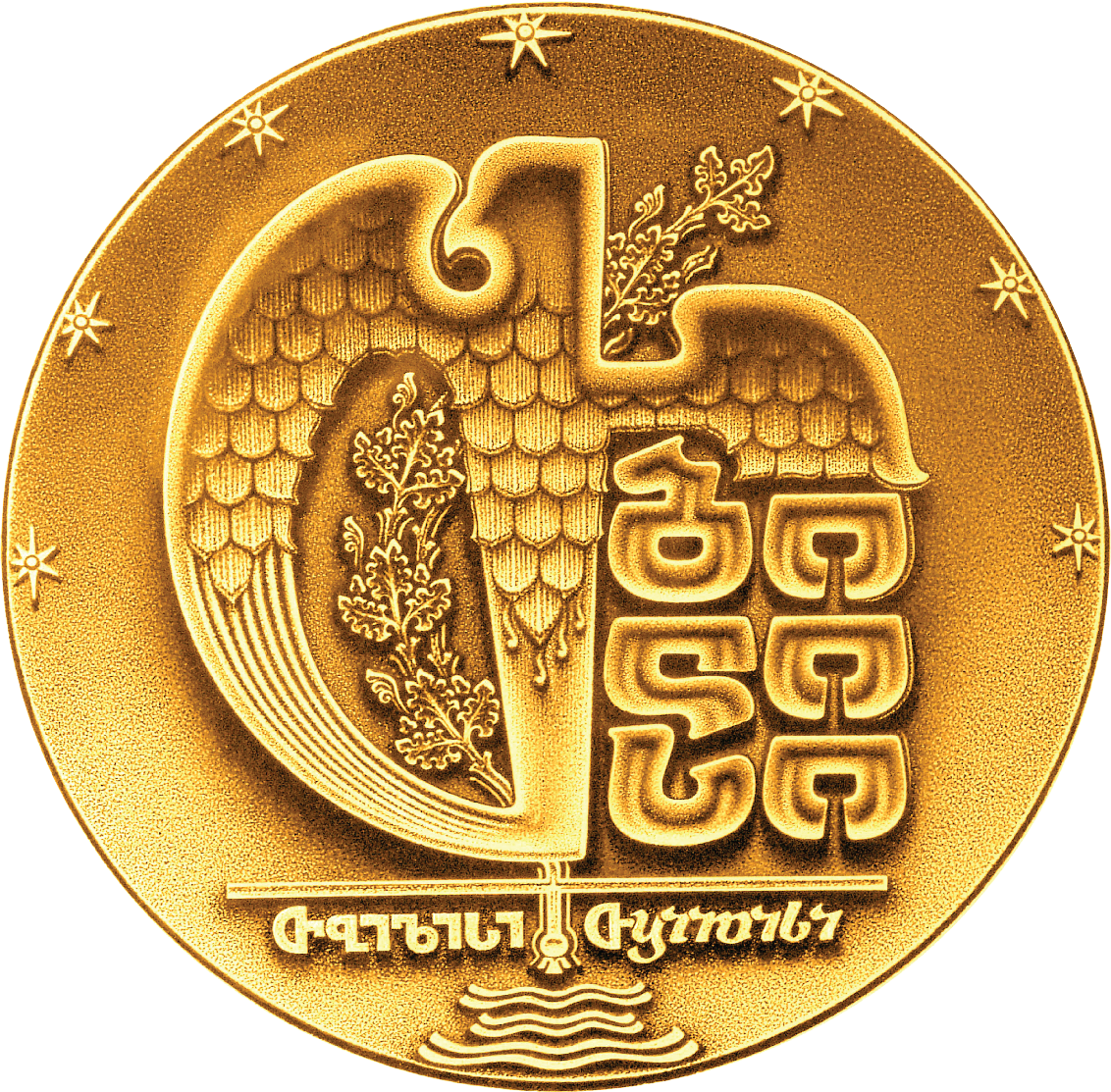

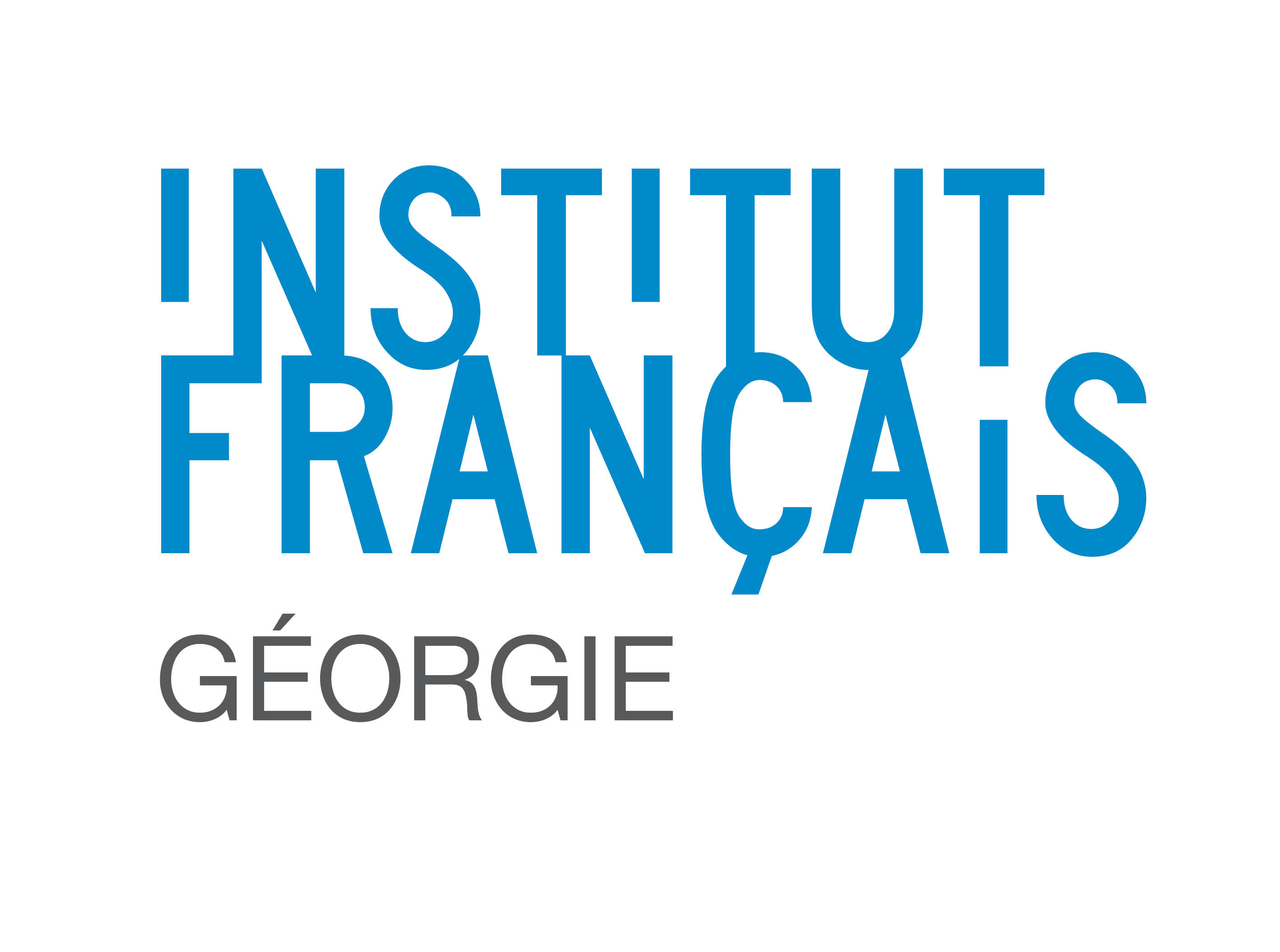


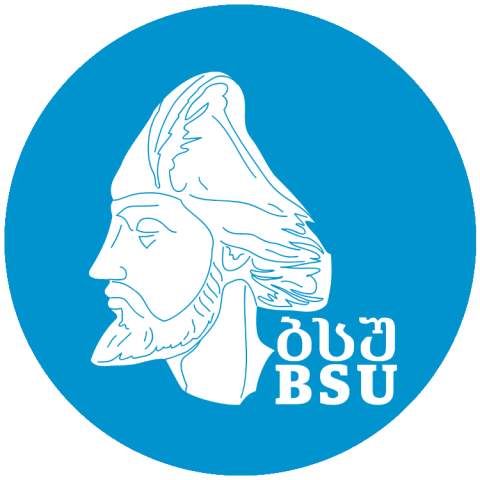

_001.png)

